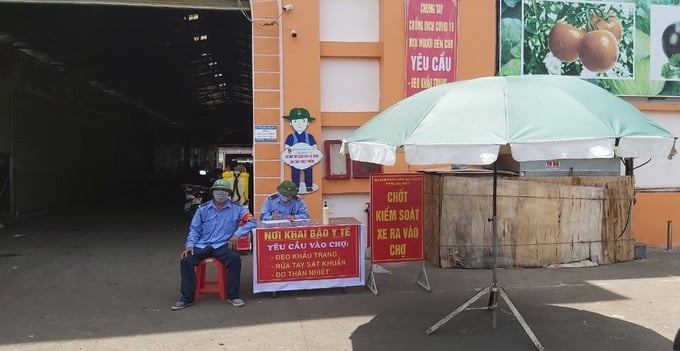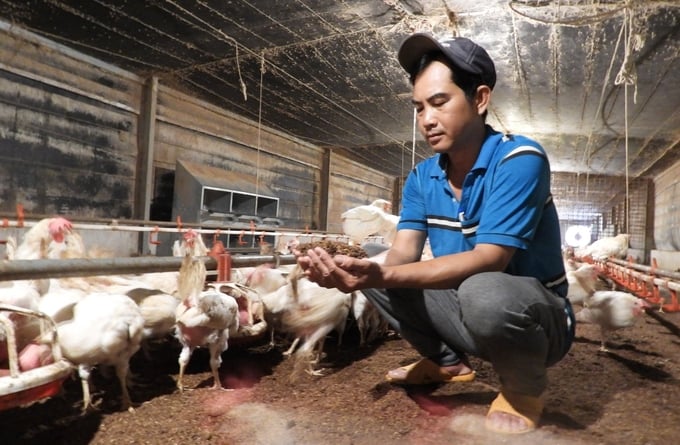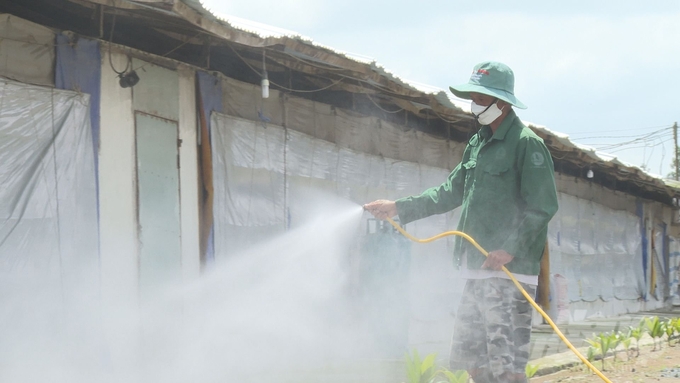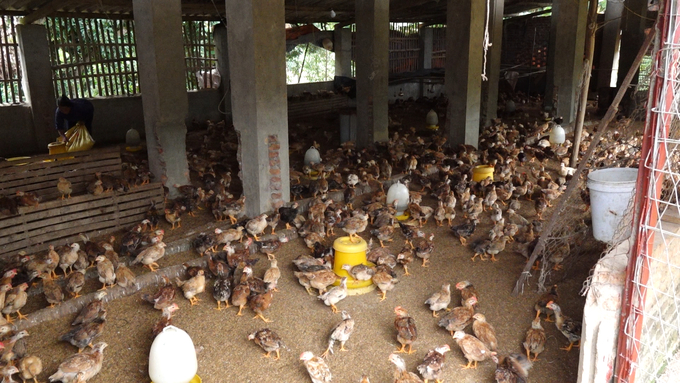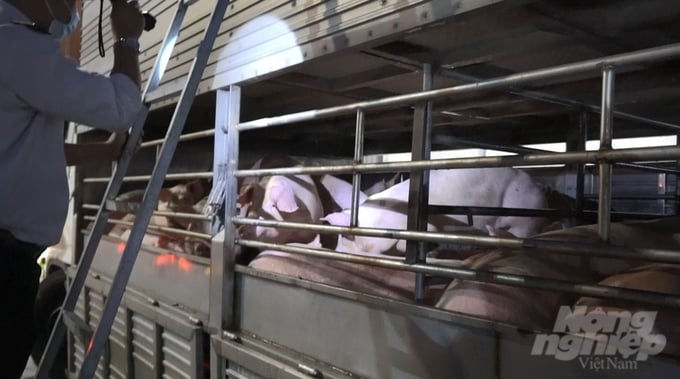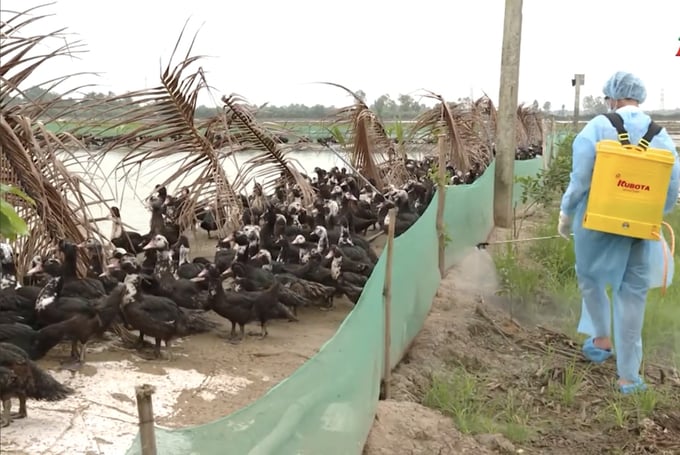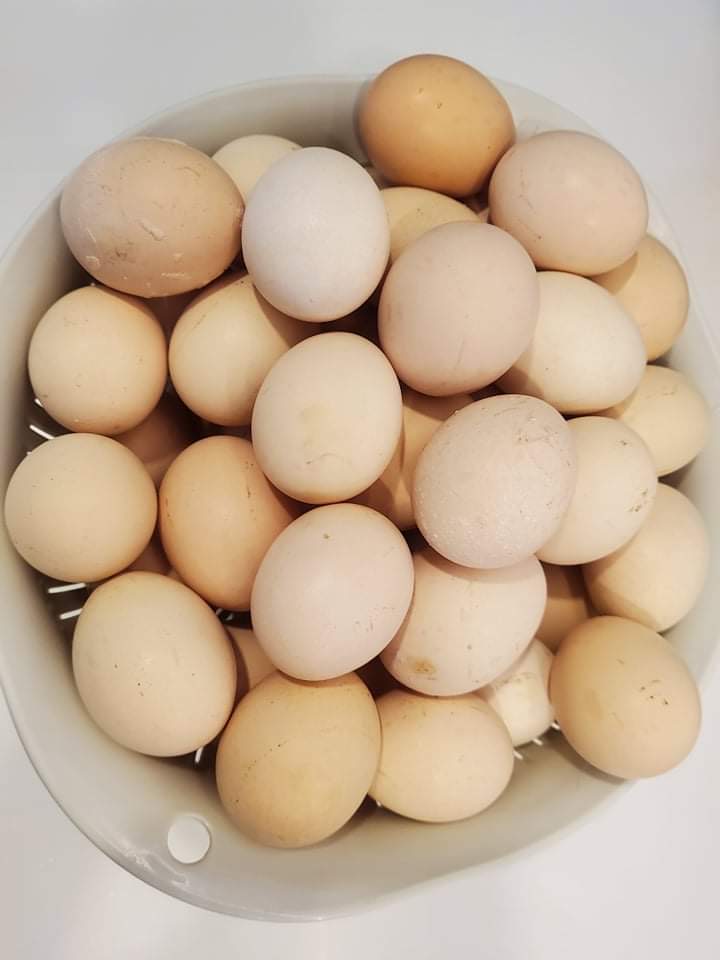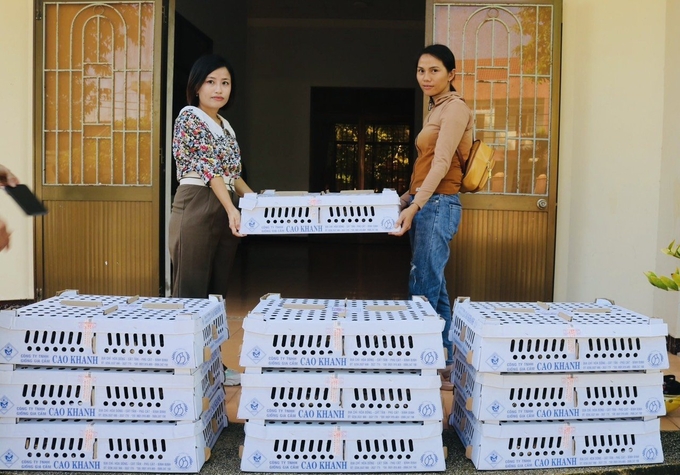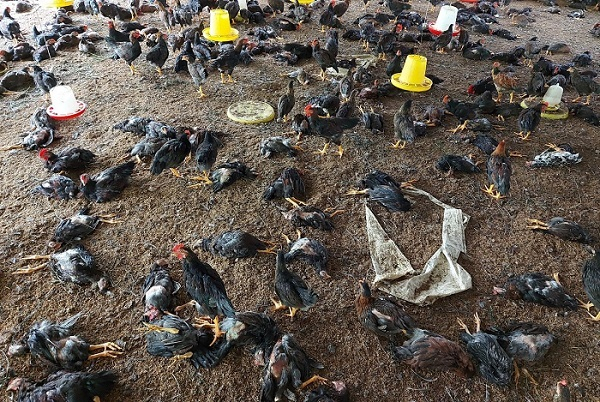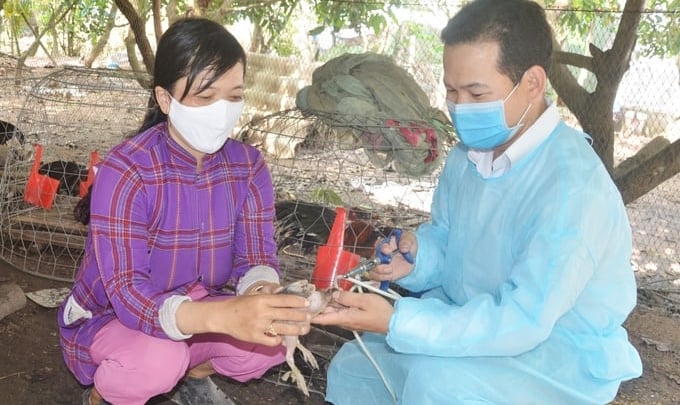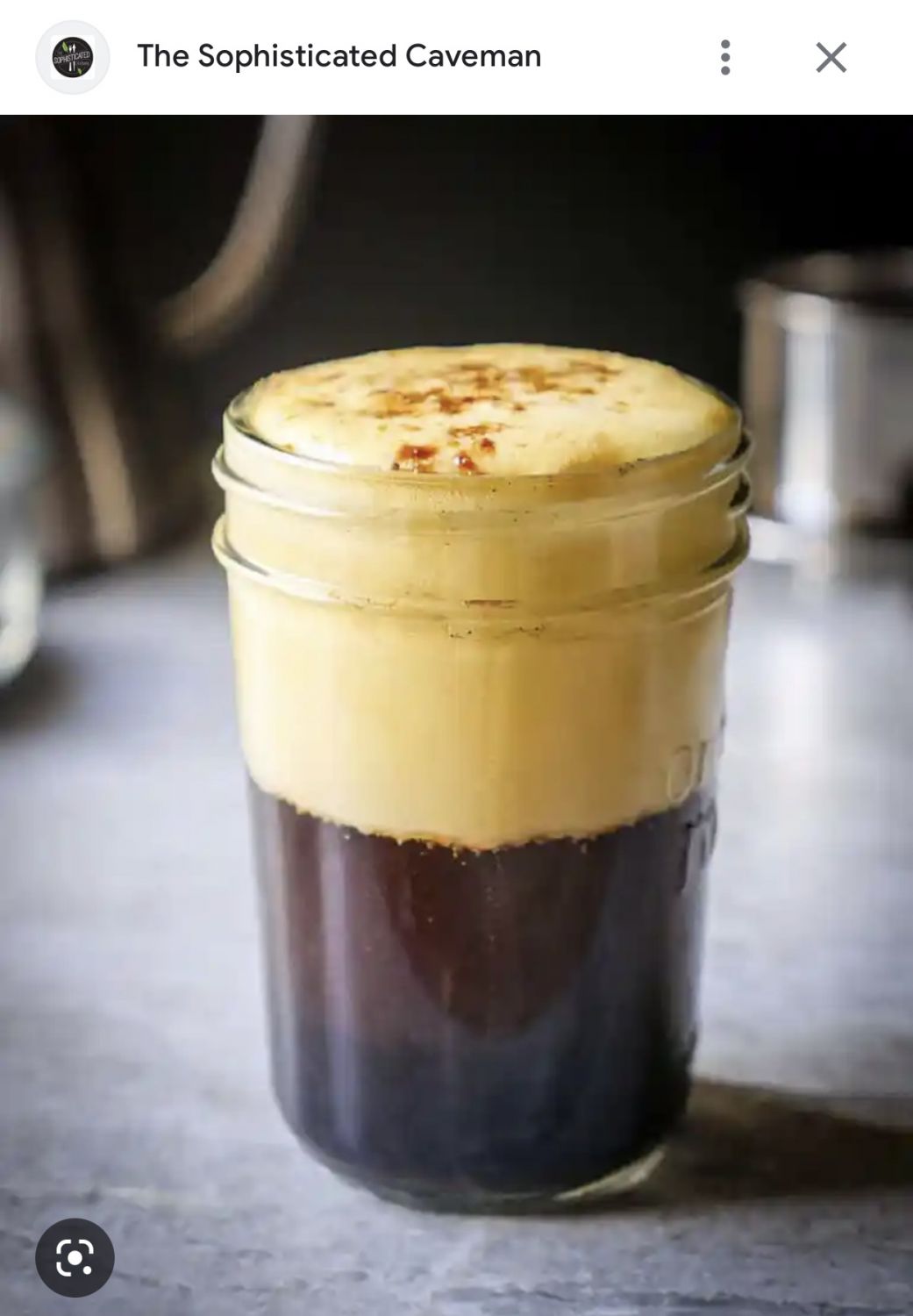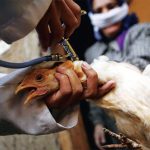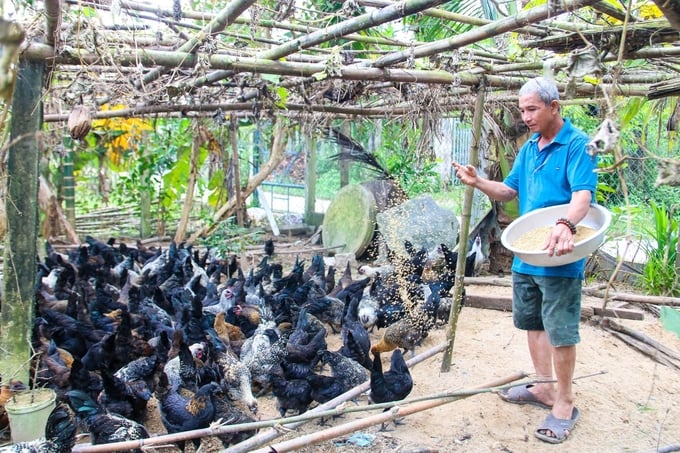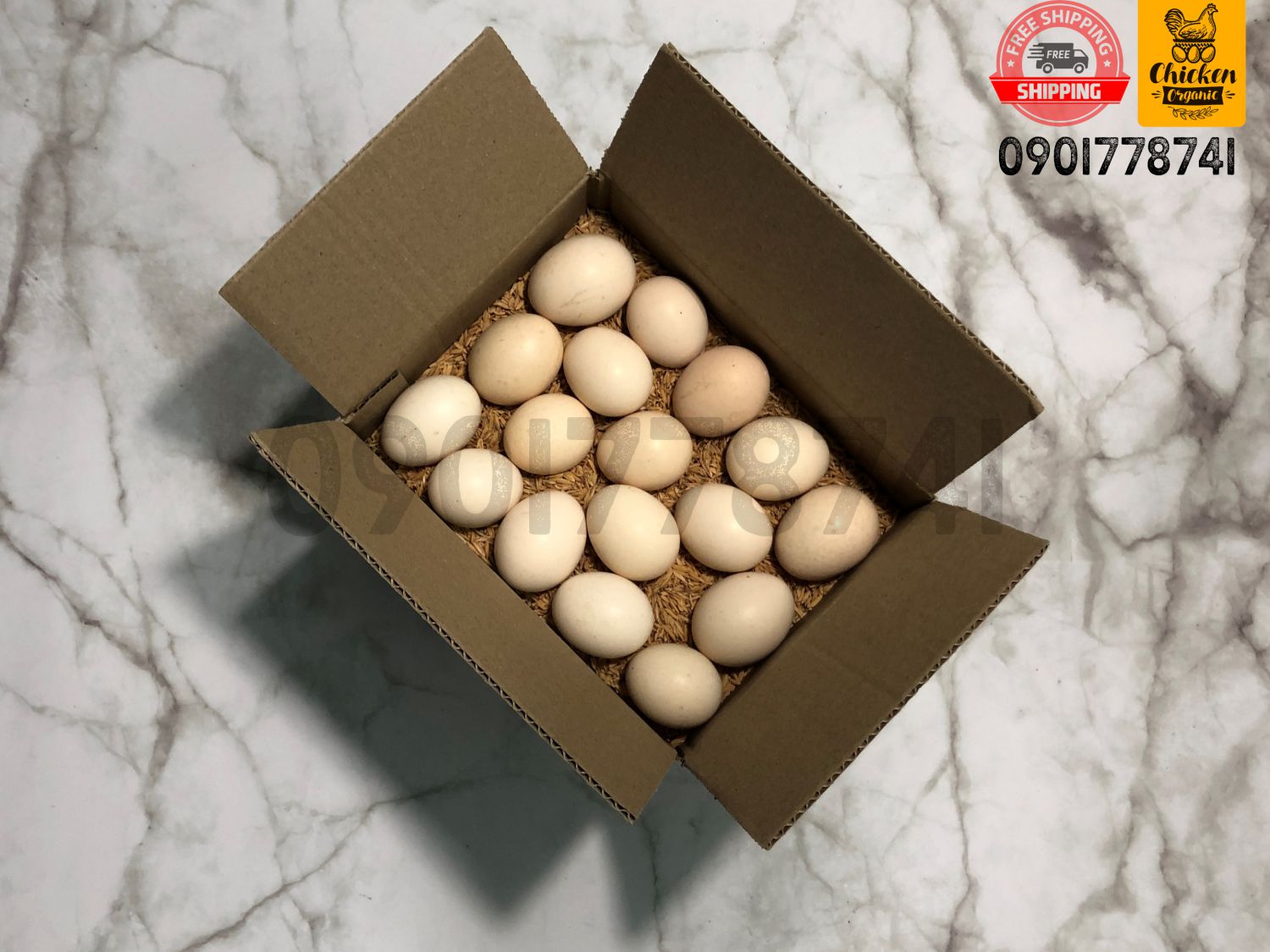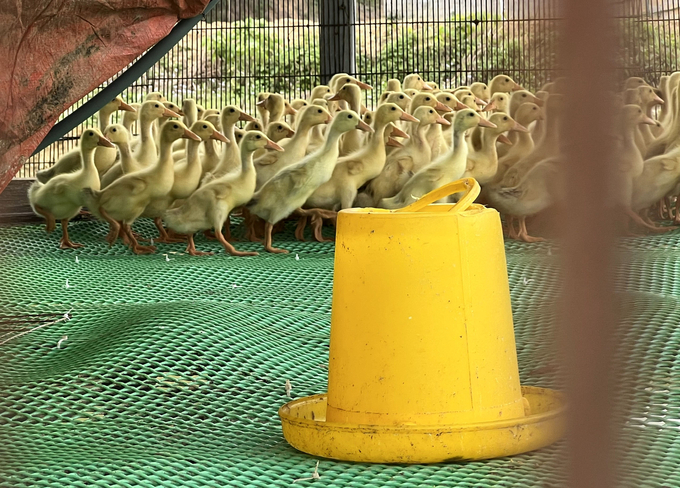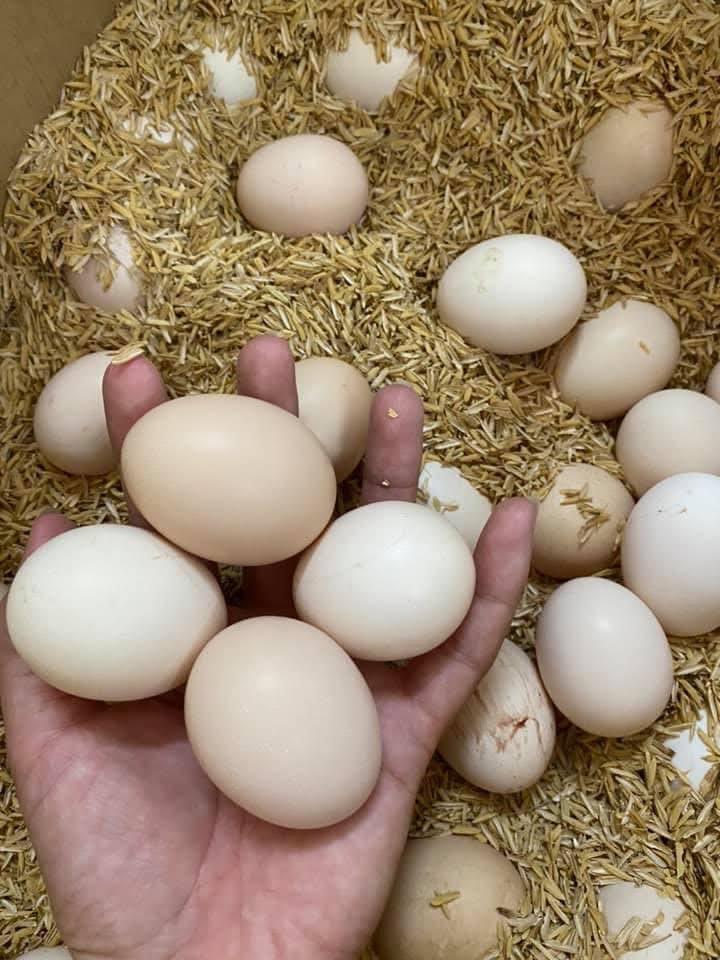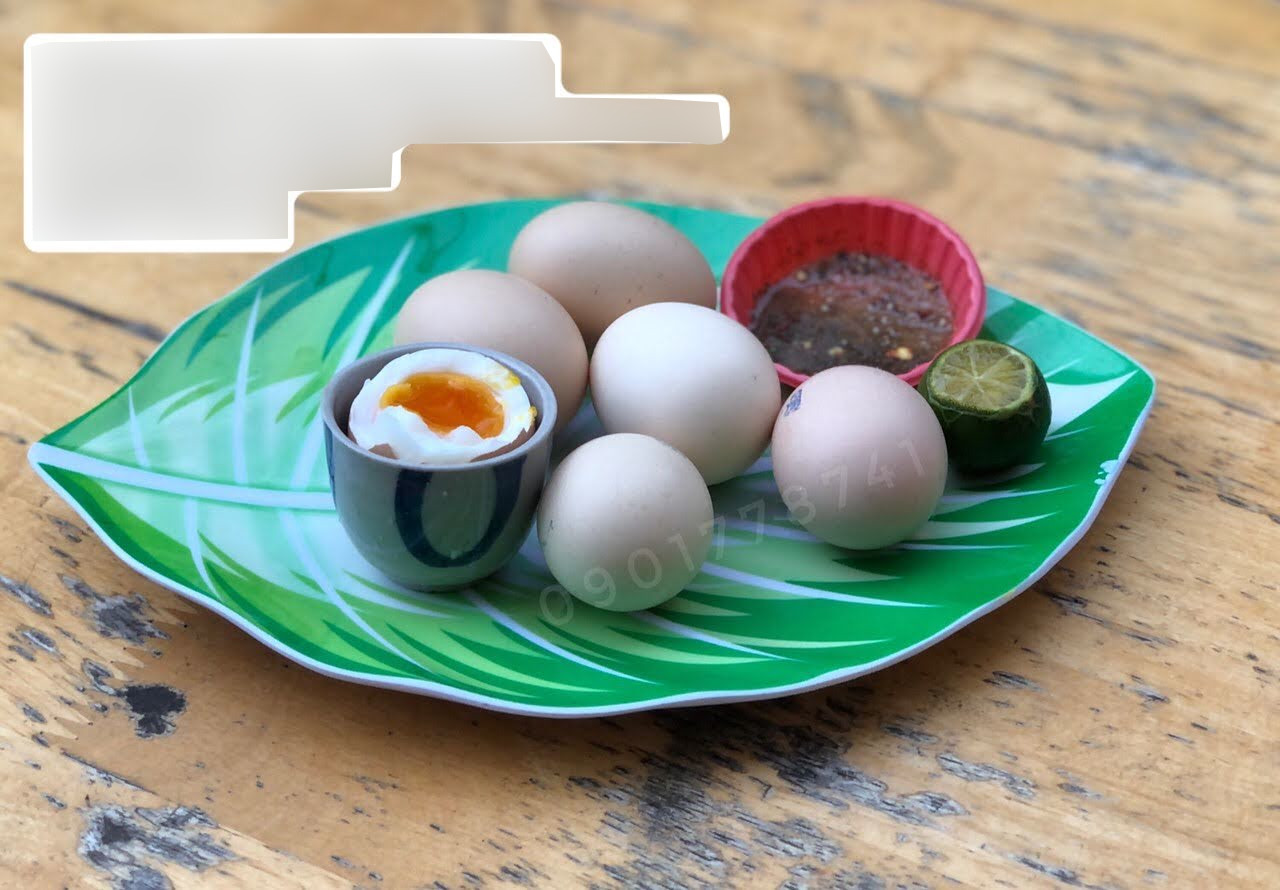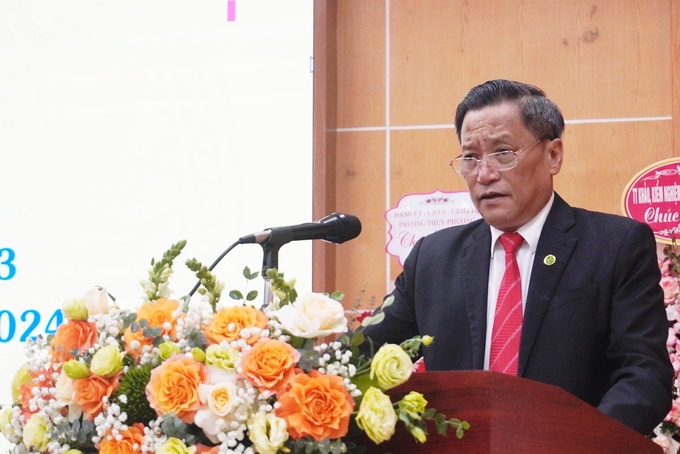11/12/2023 – In the wake of complex disease outbreaks in livestock, Vietnamese farmers are increasingly adopting bio-secure poultry farming practices. This method emphasizes stringent procedures at every stage, from selecting breeds to maintaining hygiene, to ensure the health and productivity of poultry.
Key Practices for Healthy Poultry
- Breed Selection: Farmers like Lê Xuân Thịnh prioritize breeds with clear origins and ensure vaccinations are administered early on, adhering to the principle of prevention over cure.
- Hygiene and Biosecurity: Regular disinfection and the use of bio-bedding help maintain a clean environment, crucial for disease prevention.
- Waste Management: Effective control of waste through meticulous collection, packaging, and transportation is essential for bio-security.
Economic and Health Benefits
By implementing these practices, farmers have improved the quality and safety of their poultry products, resulting in higher consumer demand and lower production costs. Families like Thịnh’s, who now earn approximately 500 million VND per year from a supply of 30 tons of poultry meat, have witnessed a significant increase in their income and living standards.
Policy and Community Engagement
The Thanh Hóa Department of Livestock Production and Veterinary Medicine advocates for bio-secure farming as the most effective solution to control diseases and minimize risks. With over 90,000 households practicing this approach, the region is witnessing a shift towards sustainable and safe livestock production.
Conclusion
Bio-secure poultry farming is proving to be a viable and profitable model for Vietnamese farmers, ensuring food safety and fostering a resilient agricultural sector.
Quốc Toản
Translated by Quyen, source: https://nongnghiep.vn/chan-nuoi-an-toan-sinh-hoc-kiem-soat-chat-giet-mo-d370822.html
